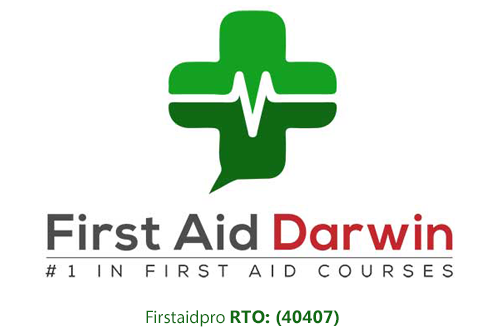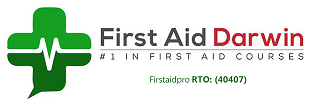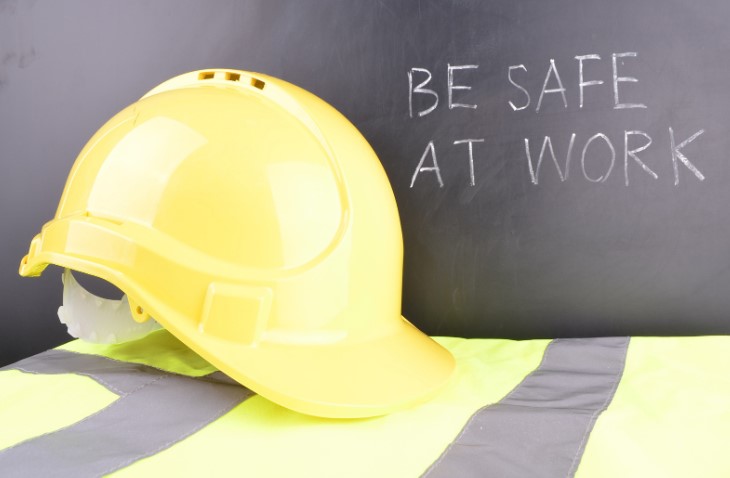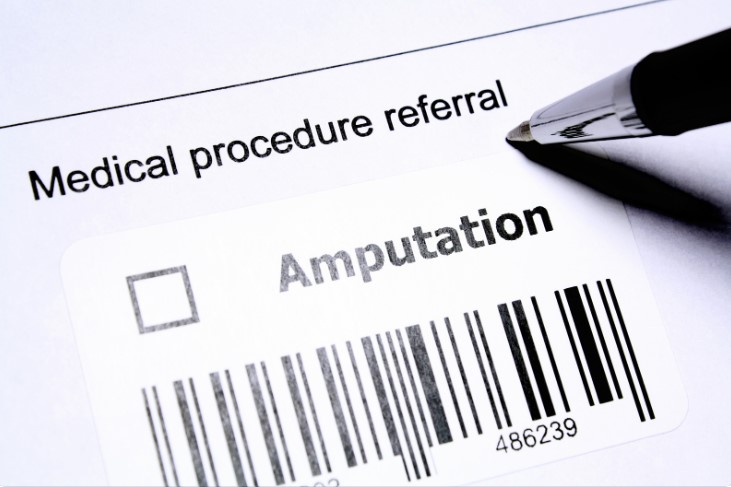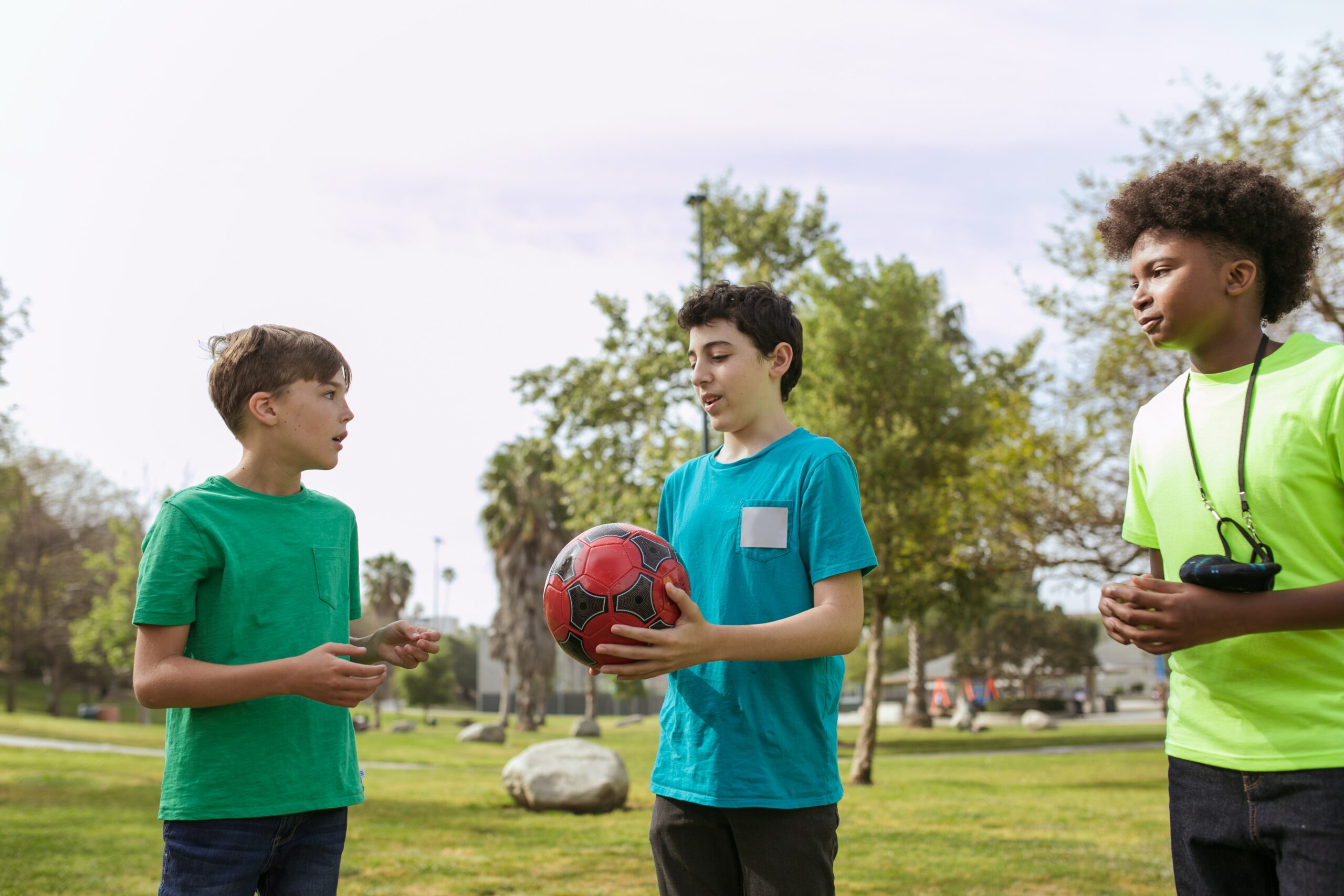Falls can happen in any of us at any given moment, in any location possible. One minute we are standing upright on our feet, and the next meeting, we are on the down, wondering what has happened.
While most falls are not serious for adults, young children and seniors are more susceptible to fractures and broken bones, especially in the hip area. As a result, this can result in them losing their independence and other complications.
Read on our comprehensive guides on falls, including their causes, treatment, and prevention.
Facts About Falls
Falls are the largest contributor to injuries resulting in hospitalisations and deaths. The rates of fall injuries are increasing every year, with 224,000 people being taken to the hospital and 5,300 fatalities in 2019-2020.
After a fall, the incident can result in major injury, which can impact someone’s confidence and future mobility. With nearly 876 people out of 100,000 suffering from falls, it is now one of the growing health concerns in Australia.
Falls can happen to anyone regardless of age, but injuries requiring hospitalisations are more common in older people and children. The most common causes are weak muscles, poor balance, impaired vision, chronic conditions, and other hazards found at home.
Older people frequently suffer from hip fractures after the fall, while children under the age of 5 are at risk of head injuries. These injuries can have a life-changing impact on both age groups.
Most of us have fallen at some stage in our lives, but age affects the likelihood of fall injury. So, what do you do if you fall or witness someone who does?
First Aid For Falls
If you stumble upon some who suffers a fall, it is important to be careful of any obstructions and environmental dangers as you approach the victim.
Before providing any care, check the scene to see if no dangers present could harm both you and the victim. Once the location is cleared for any threat, assess the victim and follow these steps in giving first aid.
Check For Responsiveness
Look for any signs of breathing from the victim. If they are breathing, monitor their airway and wait for further help to arrive.
If the victim is not responsive and not breathing, call triple zero (000) immediately for an ambulance. If the fall happens in a public area, ask other bystanders to get a defibrillator or AED.
Open The Airway
Leave the casualty in position and try to open their airway. Place one hand on their forehead and gently tilt their head back. Lift the tip of the chin using two fingers and start CPR.
Perform CPR
Administer CPR by performing cycles of 30 chest compressions and two rescue breaths. Repeat until the casualty regains consciousness or until advanced medical help takes over.
A person suspected of spine or neck injury after a fall should never be moved or engaged in any movement. Keep them as still as possible and provide reassurance until paramedics arrive on the scene.
Fall Prevention Tips
Here are a few tips to avoid falls and broken bones:
- Keep walkways clear and remove unnecessary objects on the floor.
- Install sufficient lighting in all areas of the house.
- Use non-slip math on the bathroom and slippery floors.
- Use the right shoes with non-slip soles.
- Use safety straps for small children in highchairs, strollers, or changing tables.
- For elders living alone, consider using a personal safety alarm or a specially designed mobile phone.
Remember that prevention is always better than cure. Apply these changes to avoid unnecessary falls for young children and elders.
Get Trained
Knowing basic first aid for falls can make a difference between life and death. If you want to improve health and safety in your home or anywhere, it is worth getting a formal first aid training course, so you’ll know how to respond if the situation arises.
First Aid Courses Darwin offers a range of first aid courses in many venues Australia-wide. If you’d like further information, call us at (08) 7120 2570 or email courses@firstaidpro.com.au.
